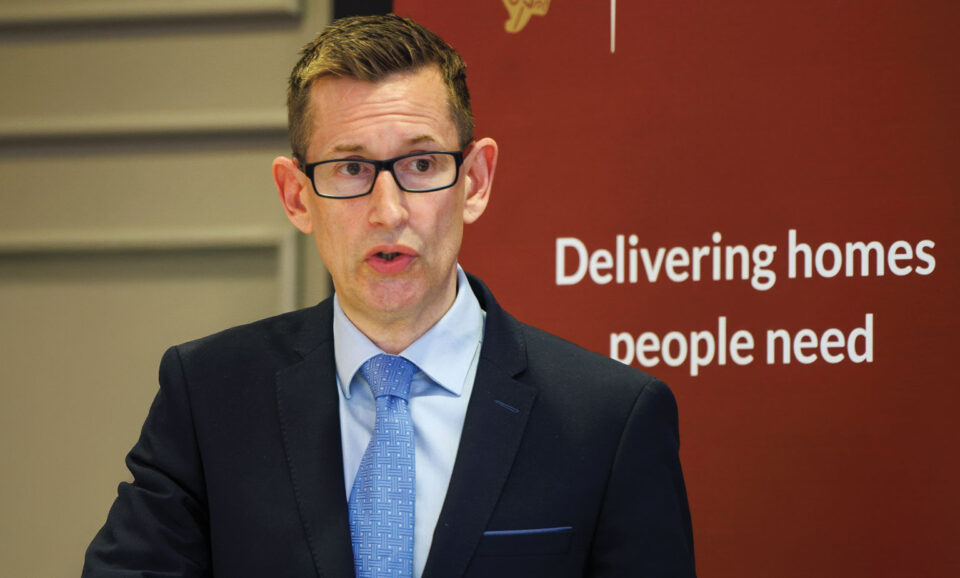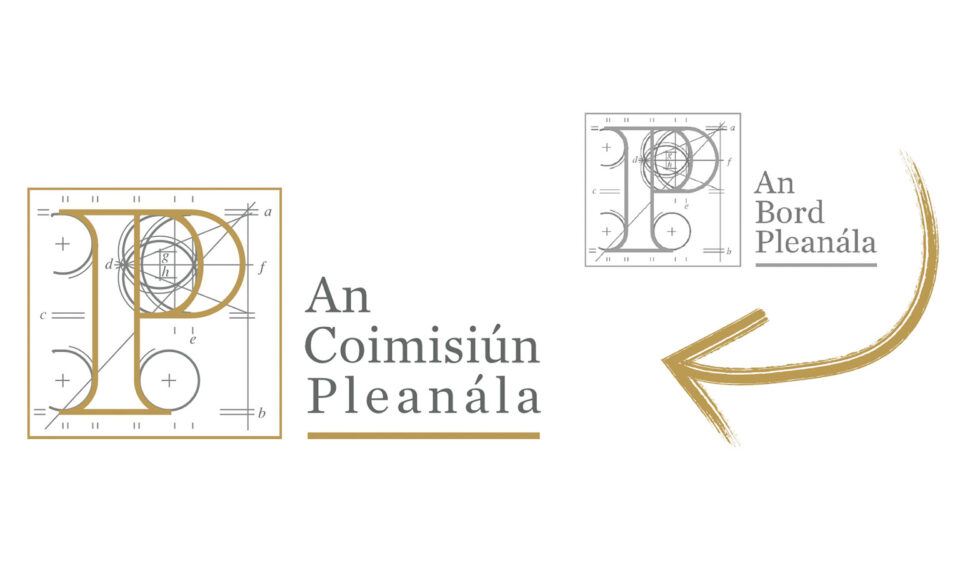
Key trends in Ireland’s residential property market in 2024
30th June 2025
Housing Infrastructure Services Company: Delivering infrastructure for new homes
30th June 2025The key to meeting housing demand

National and local planning efforts need to be coordinated to increase housing supply and meet demand according to the Banking and Payments Federation Ireland (BPFI) Housing Market Monitor for Q1 2025.
The report lays out findings from the European Central Bank Consumer Expectations Survey (CES) in February 2025 which states that 17 per cent of consumers in Ireland are seeking to rent or buy, the second highest in Europe.
Of those renting, 26.3 per cent said they were looking for accommodation, while 1 in 5 of those with a mortgage were actively looking for new housing.
BPFI’s report finds that 17,144 applications were received by the Revenue Commissioners for Help to Buy in the first four months of 2024. This is approximately 5,000 more than the same period in 2024.
However, only 10.5 per cent of owner occupiers said they were “rather likely” or “very likely” to sell. The report notes that housing commencement numbers for the first four months of 2025 were at 40 per cent of levels observed in 2023, and similar to 2016 levels. BPFI also outlines that planning permissions declined by over 21 per cent between 2023 and 2024. In Q1 2025, housing unit commencements were at 2,918, their lowest level since Q1 2021 when there were 2,875.
Consistent decline
Housing completions declined in 2024 for the first time since 2013 – excluding the period between 2020 and 2021. A total of 30,356 units were completed to the end of March 2025 on a rolling 12-month basis, 4.2 per cent lower than the 12 months to March 2024 when 31,681 units were completed.
In the first four months of 2025, 3,945 units were commenced which is approximately 40 per cent of the levels observed in 2023 and similar to levels seen in 2016. A total of 73,626 units were granted planning permission in 2023 and 2024. Planning permission declined by over 21 per cent between 2023 and 2024, with permissions issued for apartments falling by more than 38 per cent.
Residential property price inflation slowed down in Q1 2025 as prices increased by 7.5 per cent in the 12 months to March 2025, down from 8 per cent in the 12 months to February 2025. For new dwellings, prices rose by 4.1 per cent year-on-year while prices for existing dwellings grew by 9.1 per cent.
The report states that there were 49,176 dwelling purchases in the 12 months ending March 2025, the highest level since the 12 months ending July 2025. Existing housing accounted for 63.2 per cent of sales in Q1 2025 as new house sales accounted for 19.7 per cent, increasing year-on-year by 21.2 per cent to 2,100.
Chief Executive of BPFI Brian Hayes says: “We expect to see housing demand continue, mainly driven by demographic trends and mortgage demand, especially by FTBs due to the more positive outlook on incomes, with gross average earnings now surpassing €1,000 per week for the first time since the CSO data series began in 2008. On the supply side however, there is significant uncertainty in terms of housing output in the medium term.
“Demand will not be met in the short term and will only be satisfied in the medium term with a coordinated and sustained effort at national and local levels.”






